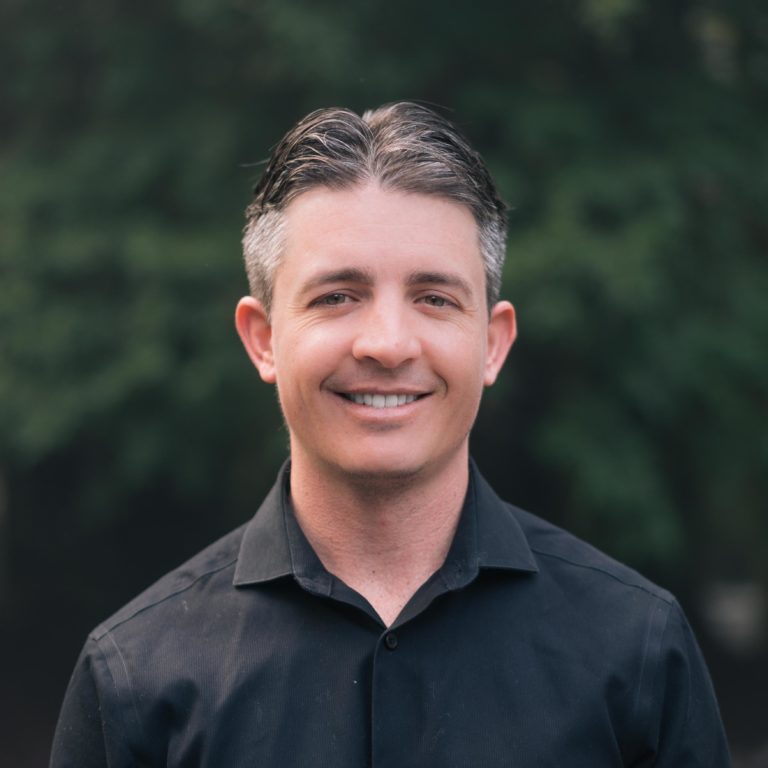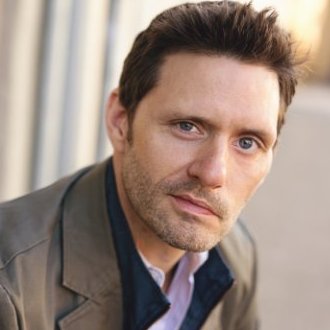How Leaders Can Create Psychological Safety In The Workplace
How often does the fear of failure prevent you from taking a leap of faith? Maybe you have a great idea that you’d like to experiment with at work, but you don’t feel fully supported by your team. Or maybe you haven’t yet found the courage to present your big idea to your boss because you feel they will most likely reject it.
These roadblocks that keep you from taking calculated risks all add up to one thing: a lack of psychological safety in the workplace. Psychological safety is defined as “being able to show and employ one’s self without fear of negative consequences of self-image, status or career,” and is one of the main themes in our Best-Self Management methodology.
In this episode of the Best-Self Management Podcast, we explain the various components of psychological safety and how they fit into the workplace. It all hinges on making sure your people feel both respected and accepted. Removing the fear of making mistakes is vital to achieving psychological safety, and we talk about how trusting employees to take risks is an important part of our company’s ethos.
There are several practical ways to build psychological safety in the workplace. We share what has worked for us at 15Five and some best practices you can take with you to implement at your company.
In this episode, we also discuss:
• The origins of the term psychological safety and its role in the workplace
• The elements that need to be in place before someone can feel psychologically safe
• The negative consequences that arise when your people do not feel supported and heard
• Practical ways to foster a culture of psychological safety in the workplace
• The role a manager has in creating a high level of psychological safety with their team
The following is a transcribed portion of the Best-Self Management Podcast, Episode 2 of Season 2, “How Leaders Can Create Psychological Safety In The Workplace”
What exactly is psychological safety?
Shane: Psychological safety is something that is getting a lot of air time, especially in the business world. At every business conference, you’re hearing the term, and so, we thought it would be a great time to go a little deeper into this. What does it really mean? How can organizations create psychologically safe workplaces?
We’re also going to be going out and interviewing a variety of people, both in our own company and also people on the street around what psychological safety means to them. There is a lot of academic and research elements of this, but we also want to know, what do ordinary people in day-to-day companies actually think about psychological safety in the workplace?
David: Wikipedia defines psychological safety as ‘a shared belief that the team is safe for interpersonal risk taking.’ It further goes on to say ‘it can be defined as being able to show an employee oneself without fear of negative consequences of self image, status, or career,’ which is attributed to William Kahn, who coined this term in 1990 in an article titled ‘Psychological Conditions of Personal Engagement and Disengagement at Work’ in the Academy of Management Journal.
Shane: William Kahn and Amy Edmonson popularized this idea of psychological safety, which is that in order for a team to really be high performing there needs to be high degrees of vulnerable trust. There needs to be this capacity for taking creative and interpersonal risks and be authentic.
We can all recall experiences we’ve had where we did not feel psychologically safe. In your organization right now, do you feel psychological safety? And maybe there is a more in depth way of analyzing that question, but I think we have a really good gut check for this.
Alleviating the fear of failure
David: And how do we know if we have psychological safety in the workplace? What do we experience or not experience?
For example, I was at a function where I was giving a talk on Best-Self Management. There was about 75 venture backed CEOs in the room, and I mentioned this before on the podcast, but one of the CEOs came up to me and said ‘God, I feel like a lightbulb just went off. I just realized that I haven’t created psychological safety for my leadership team and it’s one of the reasons I believe why I don’t get information fast enough. They’re withholding information because they’re afraid of divulging things that might not be the best news.’
Shane: That’s also one of the dysfunctions of traditional hierarchy is that hierarchy doesn’t create psychological safety in the workplace. Typical hierarchical models are about this command-and-control model of leadership, and the attitudes are normally ‘I don’t care what you think or feel. Do your job. Follow my orders.’
Of course information isn’t going to be flowing up the chain of command. People are going to try to cover their own asses and not tell their boss that they just made a mistake, or that something’s going very wrong. If they’re the one that gets blamed for it, well, why volunteer that information?
David: Exactly. And some of the research informed some of the business practices we’ve seen in more progressive companies. You hear phrases like ‘fail fast, and fail often,’ or ‘embrace failure, let’s learn from it.’ So they’re creating an environment where failure is okay as long as we’re learning from it. You’re taking a calculated risk, you aren’t being careless. But we’re creating an environment where people aren’t afraid to take risks because that is what’s needed.
Shane: I think it was about six years ago and within the first two years of building 15Five—this is kind of a funny story—I sent an email to our customers thinking it was a brilliant email. I was so inspired by it and I thought it was so good, but when I sent it out I got angry, critical feedback from our customers. I thought, ‘oh, god, what have I done?’ It was devastating. I go to David and sheepishly tell him, ‘look, I screwed up. I sent this email and people are really upset about it.’
David said something that was honestly one of the more powerful moments in our relationship. He said, ‘Shane, I pay you to make mistakes.’ It was an incredible moment. I was terrified of making mistakes, coming from a more fixed mindset, and he helped me understand that I wasn’t going to be punished for that as long as we all learned from it, and build in more checks and balances to the emails we sent. It was all going to be okay.
It was a defining moment in my professional career and creating psychological safety for me which has then let me continue to show up and take creative risks inside this company…
So, tell us: do you feel you’ve created an environment that allows your people to take risks without fear of failure? The truth is that the level of openness your employees show is directly correlated with your own ability to be vulnerable and transparent as a leader. Creating the change for other people begins with your own personal journey with psychological safety.
Listen to the full episode here, and don’t forget to subscribe to the Best-Self Management Podcast! In the next episode, we discuss the power of intrinsic motivation as a more sustainable method for ensuring high productivity.

Shane Metcalf is a keynote speaker on building a world-class workplace and one of the world’s leading pioneers in the space of cultural engineering and positive psychology. His insights have been featured in Inc, Fast Company, Washington Post, and Tech Crunch. As the Co-founder of 15Five, Shane and his team support HR Executives with data-driven continuous performance management. 15Five has won numerous awards for its company culture, including the prestigious Inc. Best Workplaces award, and is ranked #3 in the U.S. on GlassDoor. Follow Shane on Twitter and LinkedIN.

David Hassell is a business columnist, speaker, and serial entrepreneur who believes that when leaders institute cultural practices that support each person in being and becoming their best self, high performance and uncommon loyalty naturally result. As co-founder and CEO of 15Five, David created the science-inspired Best-Self Management methodology that helps leaders and managers address the hidden factors that stimulate sustainable growth and development – things like intrinsic motivation, growth mindset, strengths, and psychological safety in the workplace. David has been featured in The Wall Street Journal, Inc., Entrepreneur, Fast Company, and Wired. Follow him on Twitter @dhassell.




